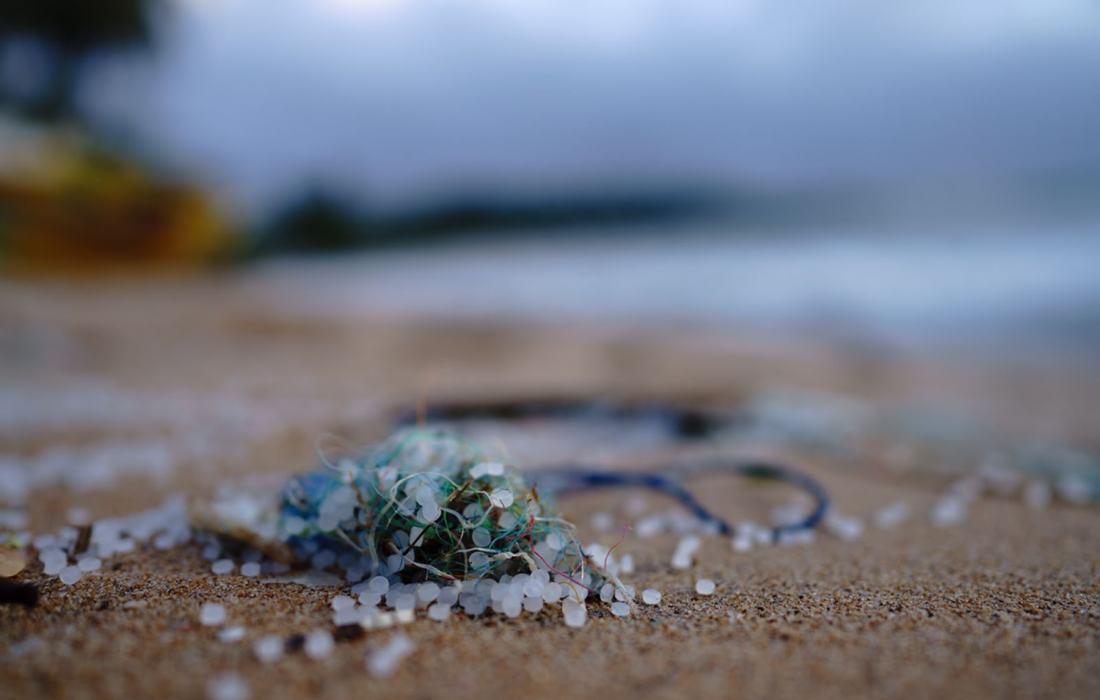Nutrition and Supplements
Microplastics Harm Gut Health
An international team of scientists, including researchers from McGill University, have found evidence that microplastics in the digestive tract of seabirds altered the microbiome of the gut.
“Our findings reflect the circumstances of animals in the wild. Since humans also uptake microplastics from the environment and through food, this study should act as a warning for us,” say the authors.
“The gut microbiome encompasses all the microbes in the gastrointestinal tract, which help control the digestion of food, immune system, central nervous system, and other bodily processes. It’s a key indicator of health and well-being,” says Julia Baak, co-author of the study.
The scientists examined the gut microbiome of two seabird species, the northern fulmar (Fulmarus glacialis) and the Cory’s shearwater (Calonectris borealis) that live mainly on the high seas and feed on marine mollusks, crustaceans, and fish.
“Until now there was little research on whether the amounts of microplastics present in the natural environment have a negative impact on the gut microbial health of affected species,” says Gloria Fackelmann.
In studying the seabirds, the researchers discovered that microplastic ingestion changed the microbial communities throughout the gastrointestinal tract of both seabird species. “The more microplastics found in the gut, the fewer commensal bacteria could be detected. Commensal bacteria supply their host with essential nutrients and help defend the host against opportunistic pathogens. Disturbances can impair many health-related processes and may lead to diseases in the host,” says Fackelmann.
Sources:
Gloria Fackelmann, Christopher K. Pham, Yasmina Rodríguez, Mark L. Mallory, Jennifer F. Provencher, Julia E. Baak, Simone Sommer. Current levels of microplastic pollution impact wild seabird gut microbiomes. Nature Ecology & Evolution, 2023; 7 (5): 698 DOI: 10.1038/s41559-023-02013-z
McGill University. “Microplastics are harming gut health: Microplastic pollution is altering the gut microbiomes of wild seabirds, and humans should be wary too.” ScienceDaily. ScienceDaily, 24 May 2023. <www.sciencedaily.com/releases/2023/05/230524181926.htm>.
Images from:
Photo by Soren Funk
https://unsplash.com/photos/jQuky0VINAI

